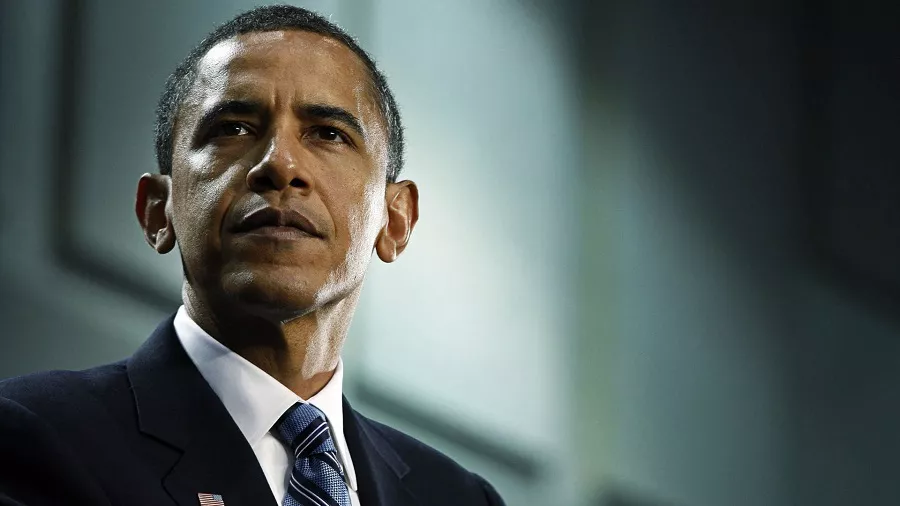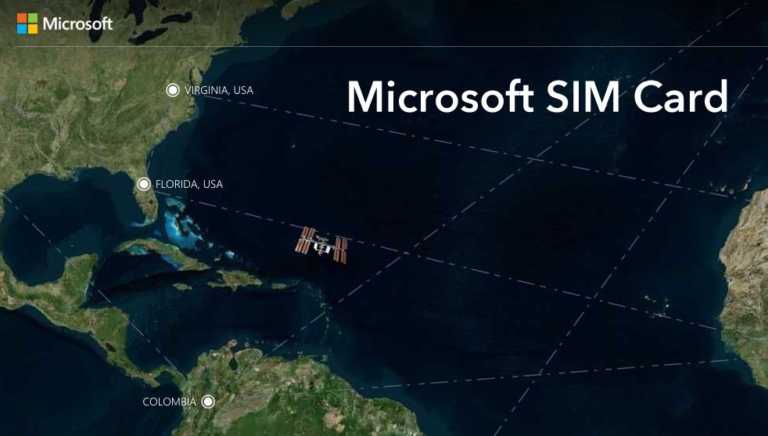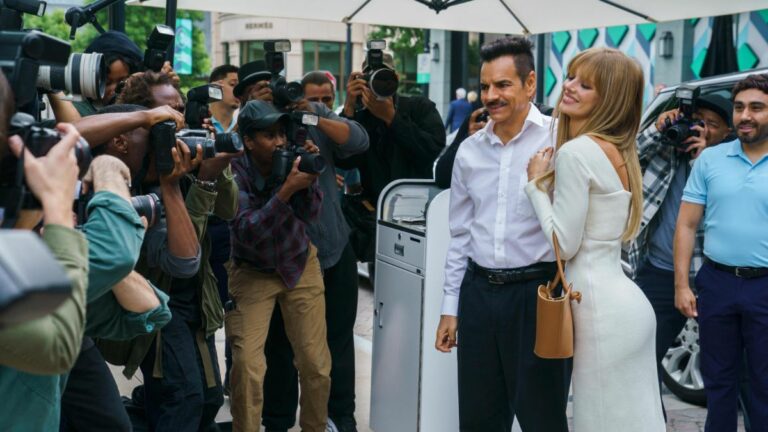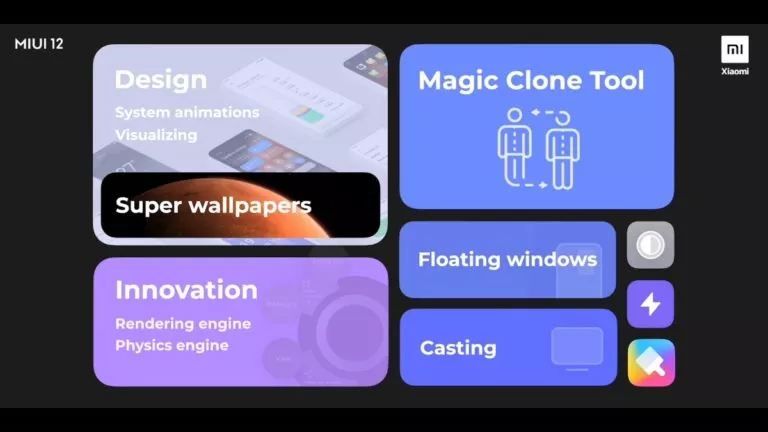Apple vs FBI Case: President Obama’s Take On the Encryption Melodrama

Short Bytes: President Obama spoke at South by SouthWest(SXSW) festival where he emphasised on the need of a strong encryption in devices and some level of transparency should be provided to the government. While he didn’t make any direct comments regarding recent Apple Vs FBI battle, but his words were obviously relatable.
He did point out the compromise of privacy by quoting the example of sacrifices people make at the time of airport security checks. Recalling the older times when smartphones and other digital devices were nowhere to be seen, Obama said that, in case, you are a suspect of child abduction or have plans for a terrorist attack, the law enforcement forces “can go into your bedroom and into your drawers” by saying that “we have a warrant to search your home,” which also includes rifling through your underwear.
Distancing himself from commenting on the Apple Vs FBI case, he tried to address the effectiveness of both the sides of the debate, the need for a hard to crack encryption in devices and that government should be allowed to access (limited) smartphone devices in order to keep a check on unlawful activities.
“What makes it even more complicated is that we also want strong encryption is because part of us preventing terrorism or preventing people from disrupting the financial system or our air traffic control system or a whole other set of systems that are increasingly digitized is that hackers, state or non-stage, can’t get in there and mess them up,” he said.
But creating unhackable devices would only make the government short-sighted. “And the question we now have to ask technologically is if it is possible to make an impenetrable device or system where the encryption is so strong that there is no key, there is no door at all. It will increase the burden on the shoulders of the security agency guys who will have to deal with a community of humans carrying Swiss Bank accounts in their pockets. Then how do we apprehend the child pornographer? how do we solve or disrupt a terrorist plot? What mechanisms do we have available to do even simple things like tax enforcement?” – he asked. “There has to be some concession to the need to be able to get into that information somehow”.
While expressing his thoughts “regarding the respective security risks”, his viewpoint emphasised on the creating a constructive environment that would be beneficial to both the values — privacy and security — he tried to elaborate in his keynote.
“My conclusion so far is that you cannot take an absolutist view on this. So if your argument is strong encryption no matter what and we can and should in fact create black boxes, that that I think does not strike the kind of balance that we have lived with for 200-300 years and it’s fetishizing our phones above every other value. And that can’t be the right answer. I suspect the answer is going to come down to how do we create a system where the encryption is as strong as possible, the key is as secure as possible, it is accessible by the smallest number of people possible for a subset of issues that we agree are important.”
The debate over the encryption thing has been a hot topic ever since Edward Snowden revealed the surveillance activities of the National Security Agency. This has contributed to the loss of trust in the government, Obama acknowledged. But the real concern is about preventing malevolent minds from pursuing their intentions which could only be attained through collaborative efforts of the government and the society.
You’ll find these interesting:
- How Hackers Lost More Than $800 Million Due To A Silly Spelling Mistake
- ‘Play’ Is World’s First Torrent Website On ZeroNet That’s Impossible To Shutdown
- FBI Director Asks — “What If Apple Engineers Are Kidnapped And Forced To Hack The iPhone?”
- Developer Survey: Java Developers Are The Saddest And C++ Programmers Are The Oldest





